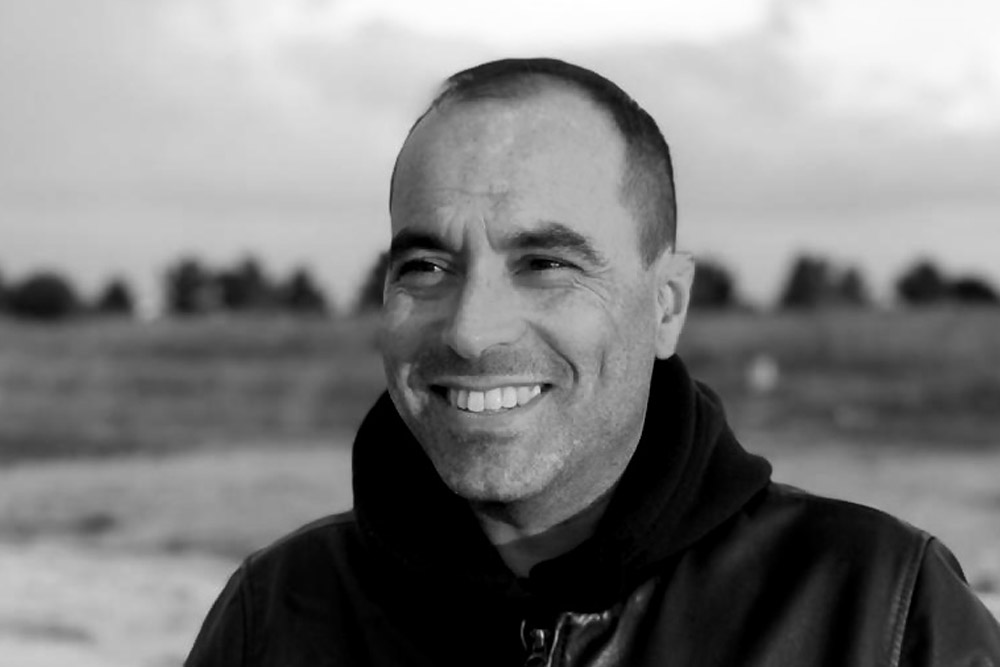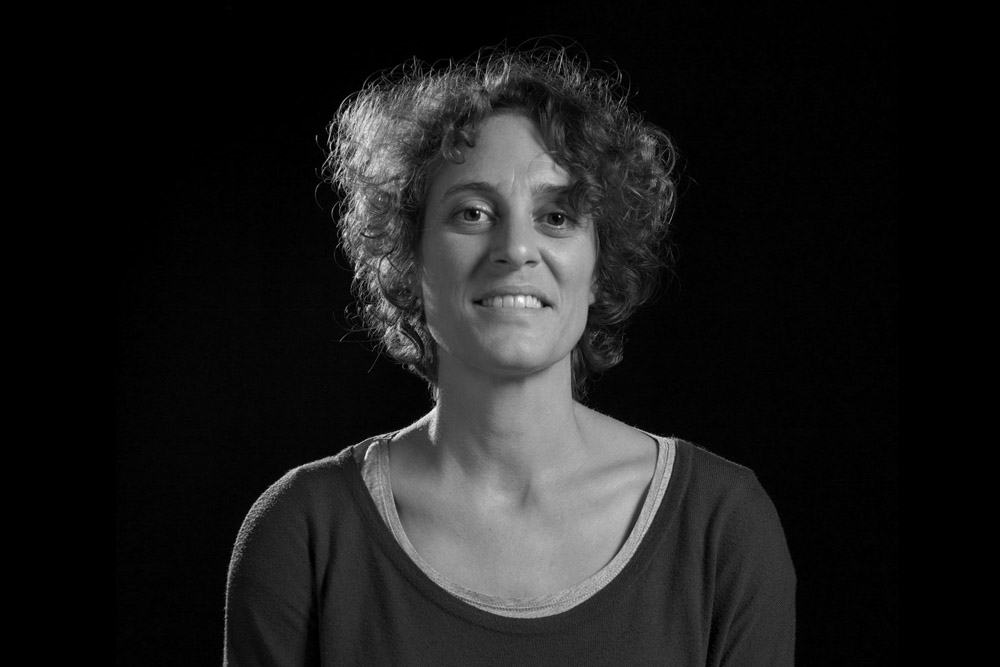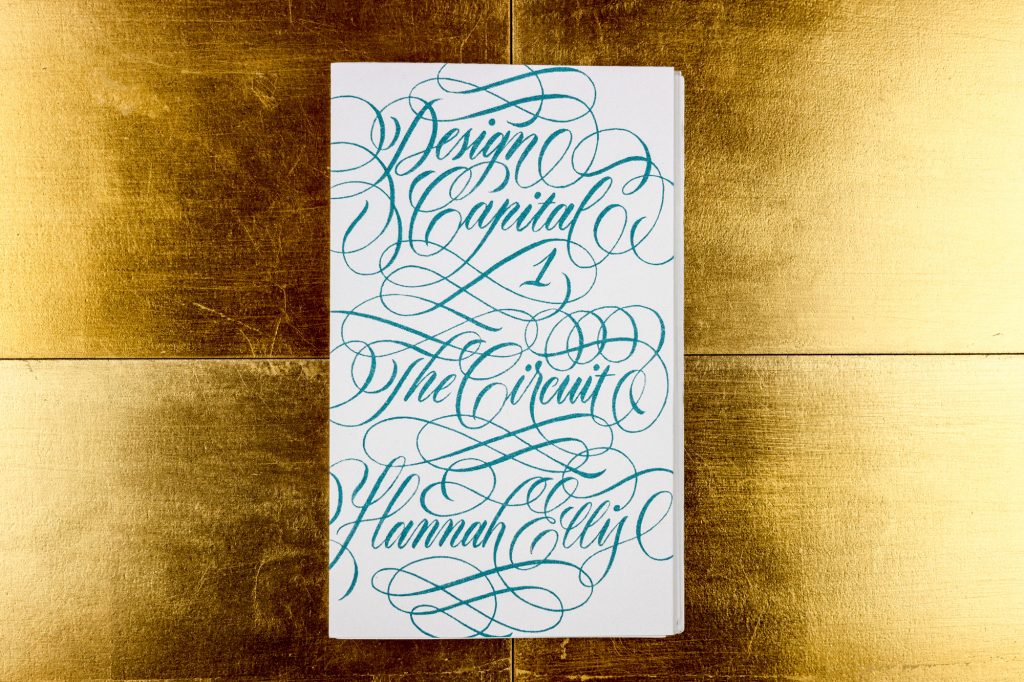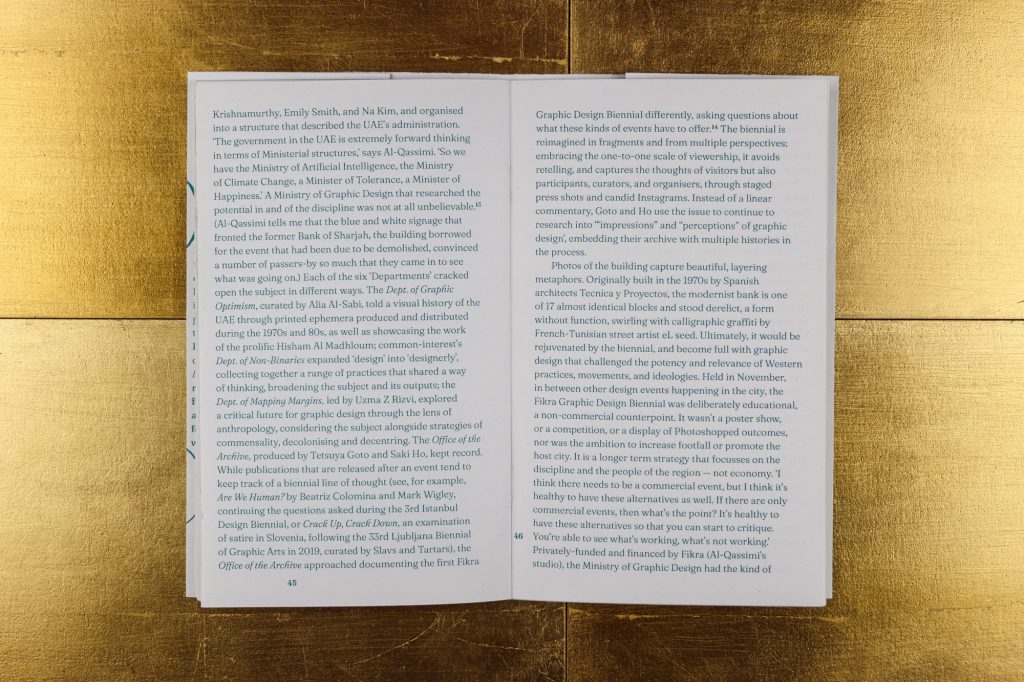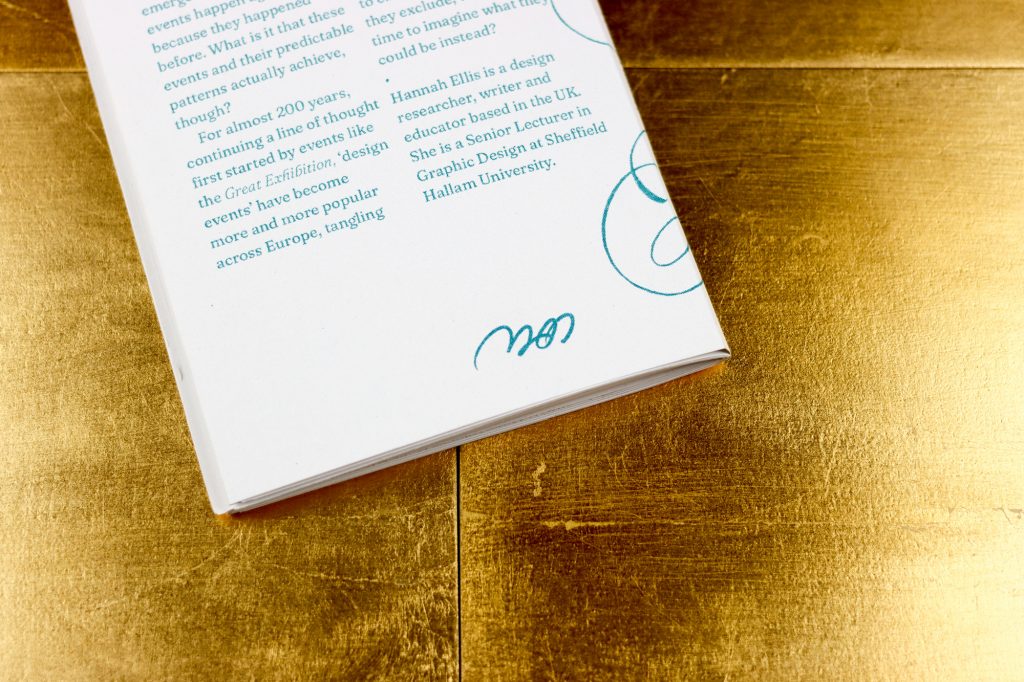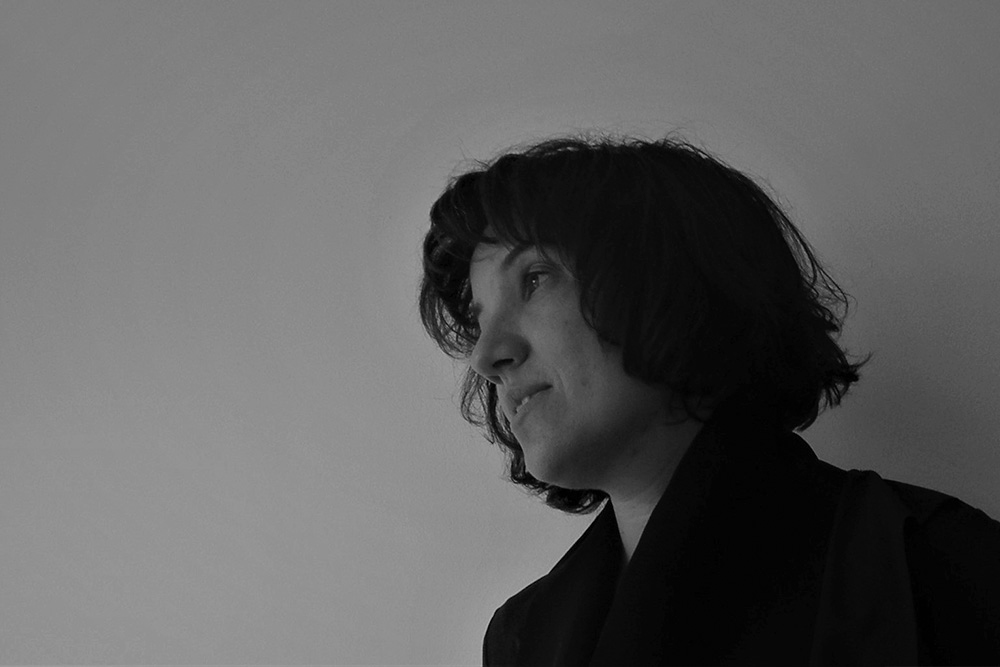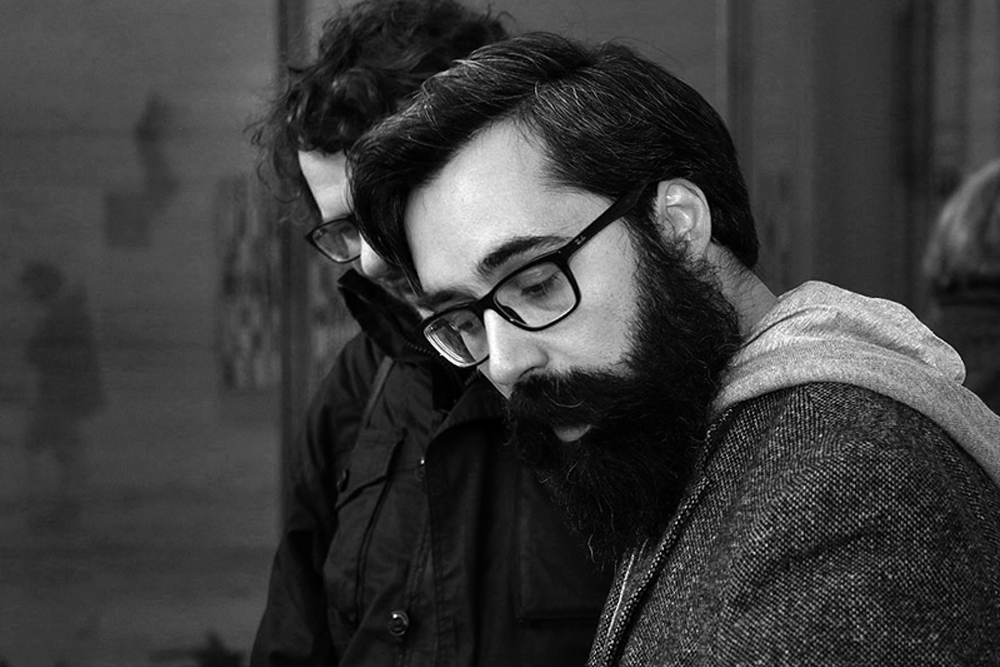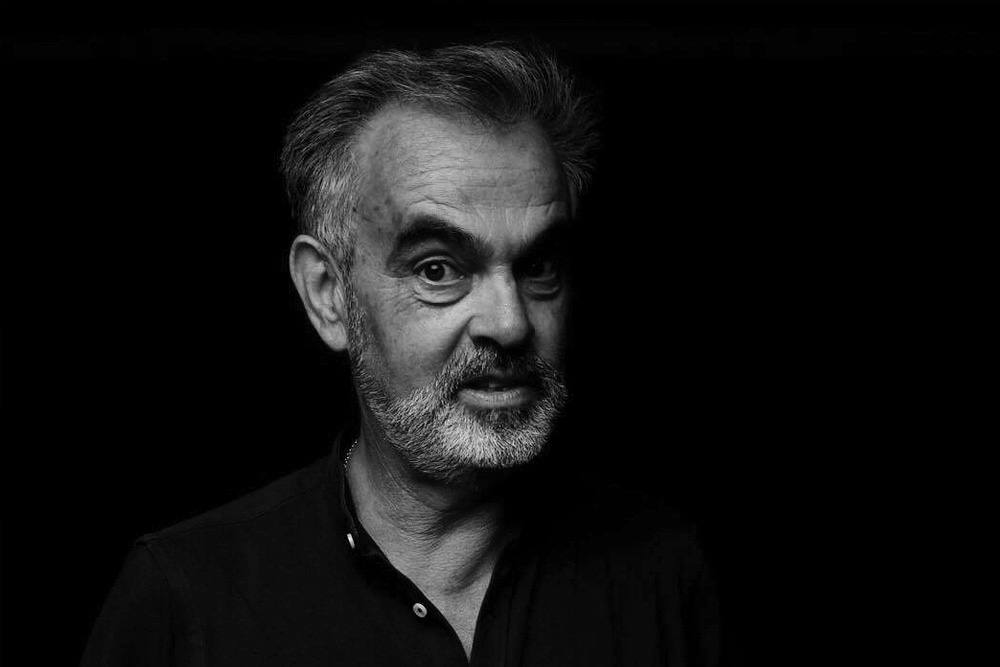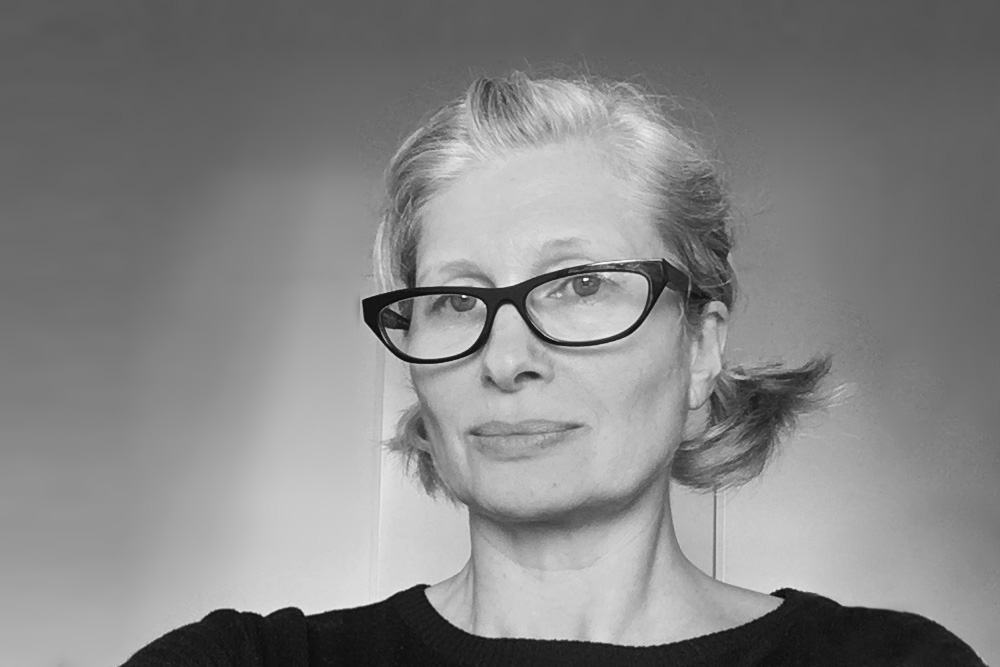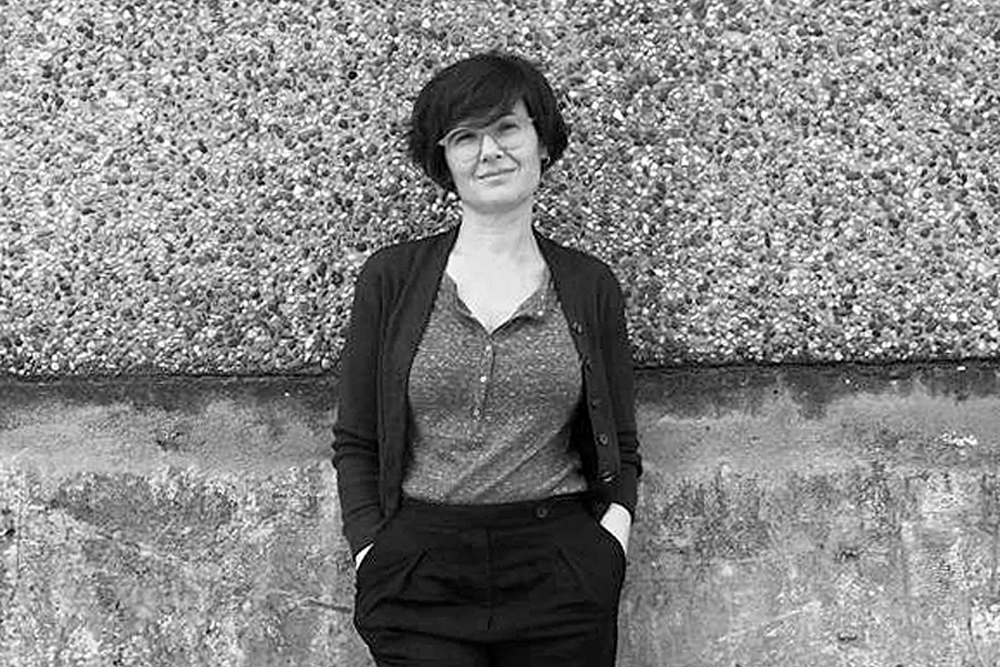Orlando Franco
Orlando Franco is a visual artist, independent curator, teacher and educator based in Lisbon. PhD in Media Art, Lusófona University. His doctoral work explored the theme of curatorship understood as an artistic act. Assistant Professor, Cinema and Media Arts Department, Lusófona University, Guest Professor at ESAD.CR and Co-director of the Master in Photography. His artistic work explores video, image, installation and drawing. His research seeks to expand and amplify ideas and concepts such as tension and suspension, weight and lightness, achievement and frustration. Postgraduate in Art Theory at Faculty of Fine Arts, Lisbon University. Degree in Fine Arts at ESAD.CR, Erasmus Scholarship, School of Fine Arts of Salamanca, Spain. Exhibits regularly since 1999. Recent exhibitions include Notes on Empathy and Otherness (Centro Cultural de Lagos), AWARE (BAG – Banco das Artes Galeria, Leiria), The Eyes Are Not Here (Trem Gallery, Faro), and WAIT (Berardo Collection Museum, Lisbon). Ciência Vitae

